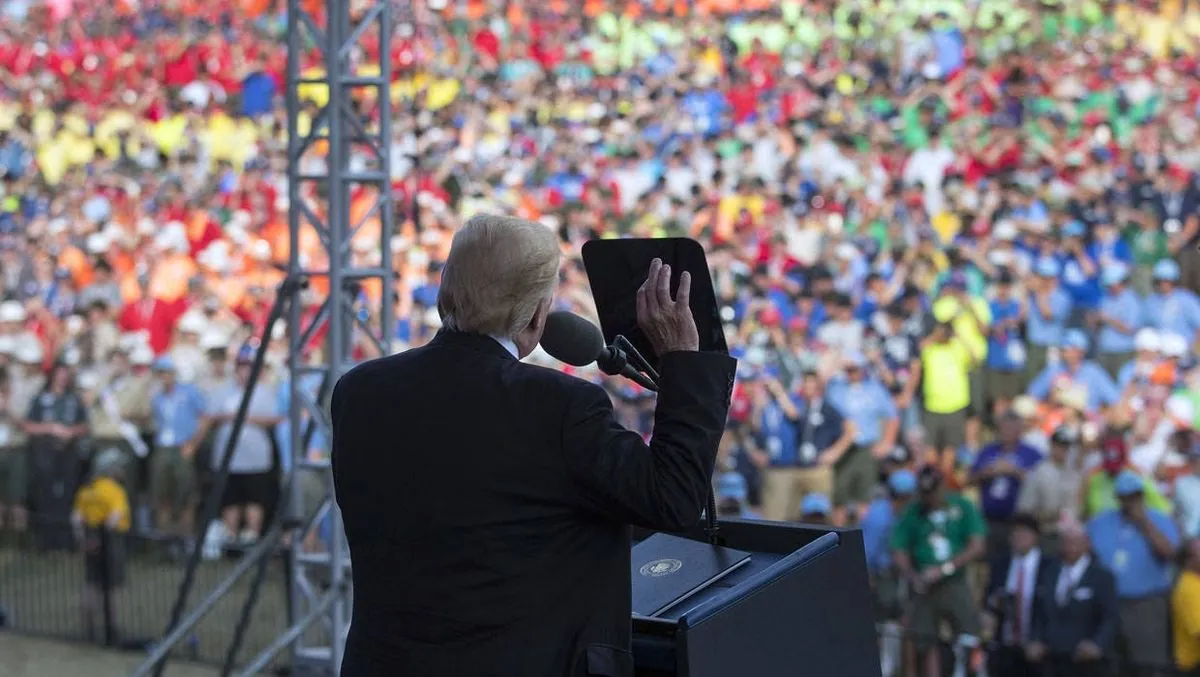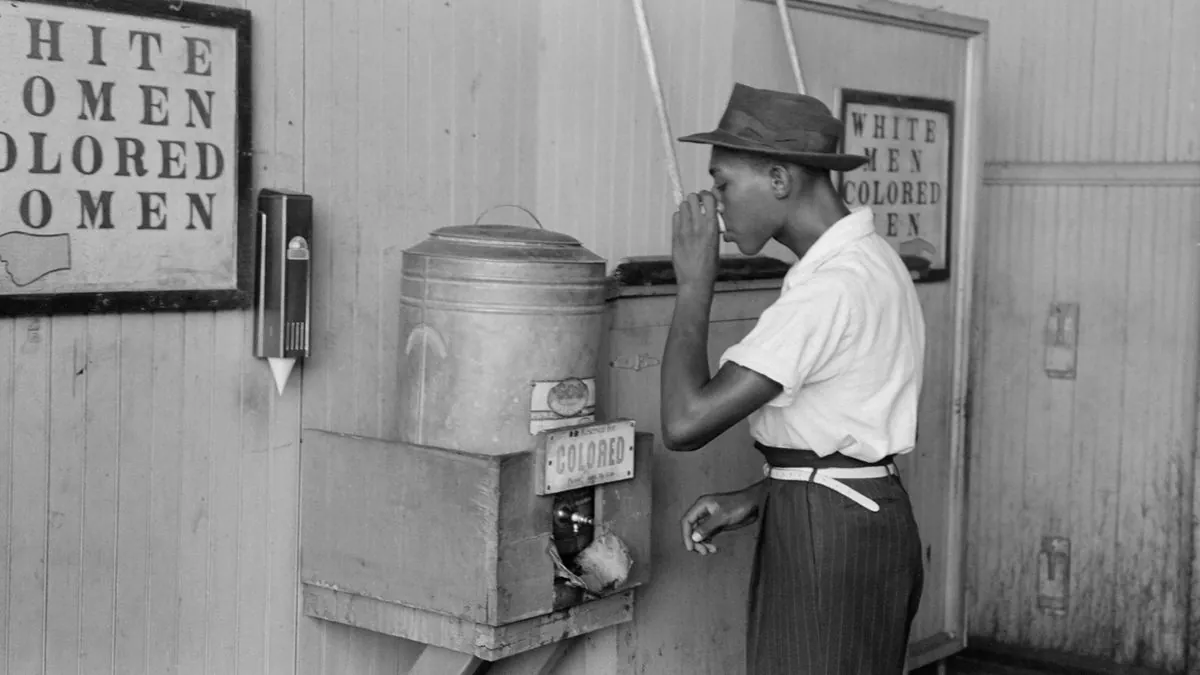Trump's Outdated Racial Views Clash with Modern American Identity
Trump's recent comments on Kamala Harris's racial identity highlight his outdated perspective on race. This contrasts sharply with America's evolving demographics and increasing racial diversity.

Donald Trump's recent remarks about Vice President Kamala Harris's racial identity have sparked controversy, revealing a stark contrast between his outdated views and the reality of modern American demographics.
At a July 2023 convention of the National Association of Black Journalists, Trump questioned whether Harris was "Indian or Black," eliciting audible gasps from the audience. This attempt to undermine Harris's authenticity reflects a bygone era of rigid racial categorization.
Trump, born in 1946, grew up in a vastly different America. His formative years coincided with the enforcement of Jim Crow policies and strict immigration laws aimed at maintaining the country's whiteness. The Chinese Exclusion Act of 1882 and the Immigration Act of 1924 severely limited Asian immigration, shaping the demographic landscape of Trump's youth.

In contrast, Harris, born in 1964, represents a more diverse America. Her birth year coincided with the passage of the Civil Rights Act, and she came of age during a period of increasing racial integration and immigration reform. The Immigration and Nationality Act of 1965 paved the way for greater Asian immigration, fundamentally altering the nation's demographic makeup.
"When the walls of race were clear and straight."
The evolution of racial identity in America is evident in census data. In 2000, the U.S. Census Bureau first allowed respondents to select multiple racial categories, with nearly 7 million Americans identifying as multiracial. By 2020, this number had increased by 276%, reflecting a significant shift in how Americans perceive and report their racial identities.
Trump's insistence on categorizing Harris as either Indian or Black ignores the complex reality of modern American identity. It harkens back to outdated concepts like the one-drop rule, which classified individuals as Black based on a single Black ancestor.
James Baldwin, whose centenary was celebrated just days after Trump's comments, warned against the fallacy of rigid categorization in his 1949 essay "Everybody's Protest Novel." Baldwin's perspective remains relevant today, emphasizing the importance of transcending simplistic racial categories.
The increasing diversity of the American population challenges Trump's narrow view. Indians are now the second-largest immigrant group in the United States, and younger Americans are more likely than ever to identify as multiracial. This demographic shift represents a positive change, enriching the nation through cultural mixing and integration.
Trump's outdated racial views not only misrepresent Harris's identity but also fail to acknowledge the millions of Americans who live between and within multiple cultures. By questioning the authenticity of multiracial individuals, Trump inadvertently challenges the pluralistic society that the United States has become – a society where rigid racial categorizations are increasingly irrelevant.


































